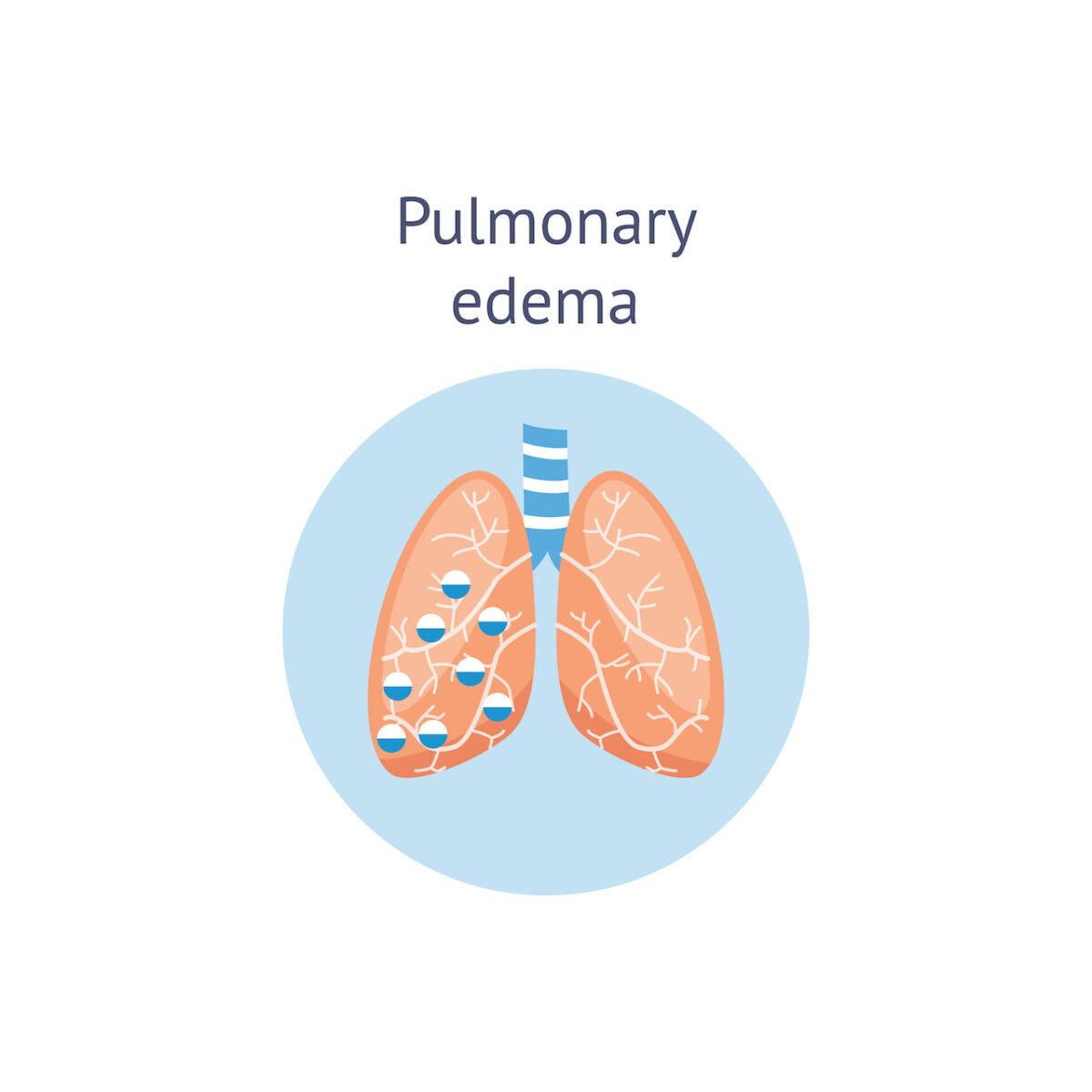Pulmonary Edema: When Your Lungs Fill with Fluid

What is Pulmonary Edema?
Pulmonary edema is a condition where excess fluid accumulates in the lung tissues, specifically in the air sacs (alveoli) and interstitial spaces. This buildup makes breathing difficult and can lead to serious health complications. Let’s dive deeper into the causes, symptoms, and treatment options for pulmonary edema.
Causes of Pulmonary Edema
- Heart Failure: The most common cause of pulmonary edema is heart failure. When the heart doesn’t pump blood efficiently, fluid backs up into the lungs.
- Other Triggers: Besides heart failure, pulmonary edema can result from pneumonia, exposure to toxins, certain medications, chest trauma, and even high-altitude activities.
Signs and Symptoms
- Shortness of Breath: Difficulty breathing, especially when lying down or during physical activity.
- Feeling Suffocated: A sensation of drowning, worsened when lying flat.
- Frothy Cough: Coughing up pink, frothy sputum.
- Rapid Heartbeat: Palpitations due to decreased oxygen exchange.
- Anxiety: Feeling uneasy or restless.
- Cold, Clammy Skin: A sign of compromised circulation.
Chronic Pulmonary Edema
- Nighttime Symptoms: Waking up with a cough or breathlessness.
- Weight Gain: Rapid weight gain due to fluid retention.
- Swelling: Edema in the legs and feet.
- Persistent Cough: A new or worsening cough.
Risk Factors
Several factors increase the risk of developing pulmonary edema:
- Heart Arrhythmias
- Alcohol Use
- Congenital Heart Disease
- Coronary Artery Disease
- Diabetes
- Heart Valve Issues
- High Blood Pressure
- Sleep Apnea

Prevention Strategies
- Manage Chronic Conditions: Control diabetes, blood pressure, and cholesterol levels.
- Healthy Diet: Consume balanced meals rich in fruits, vegetables, and whole grains.
- Quit Smoking: Smoking damages lung tissue and worsens edema.
- Regular Exercise: Stay physically active to improve heart and lung health.
- Limit Salt and Alcohol Intake: Excessive salt and alcohol contribute to fluid retention.
Treatment Options
- Diuretics: Medications like Lasix help reduce fluid buildup in the lungs.
- Blood Pressure Medications: To manage hypertension.
- Inotropes: Improve heart function.
- Fluid Removal Procedures: If medications are ineffective, procedures may be necessary.
Summary:
- Pulmonary edema results from fluid accumulation in the lungs.
- Common causes include heart failure, pneumonia, and toxins.
- Symptoms: shortness of breath, frothy cough, rapid heartbeat.
- Chronic edema leads to weight gain and leg swelling.
- Prevention involves managing risk factors and a healthy lifestyle.
- Treatment includes diuretics, blood pressure meds, and procedures.

This article reviewed by Dr. Jim Liu, MD and Ms. Deb Dooley, APRN.
There’s nothing more important than our good health – that’s our principal capital asset.
#medical #telehealth #umedoc






